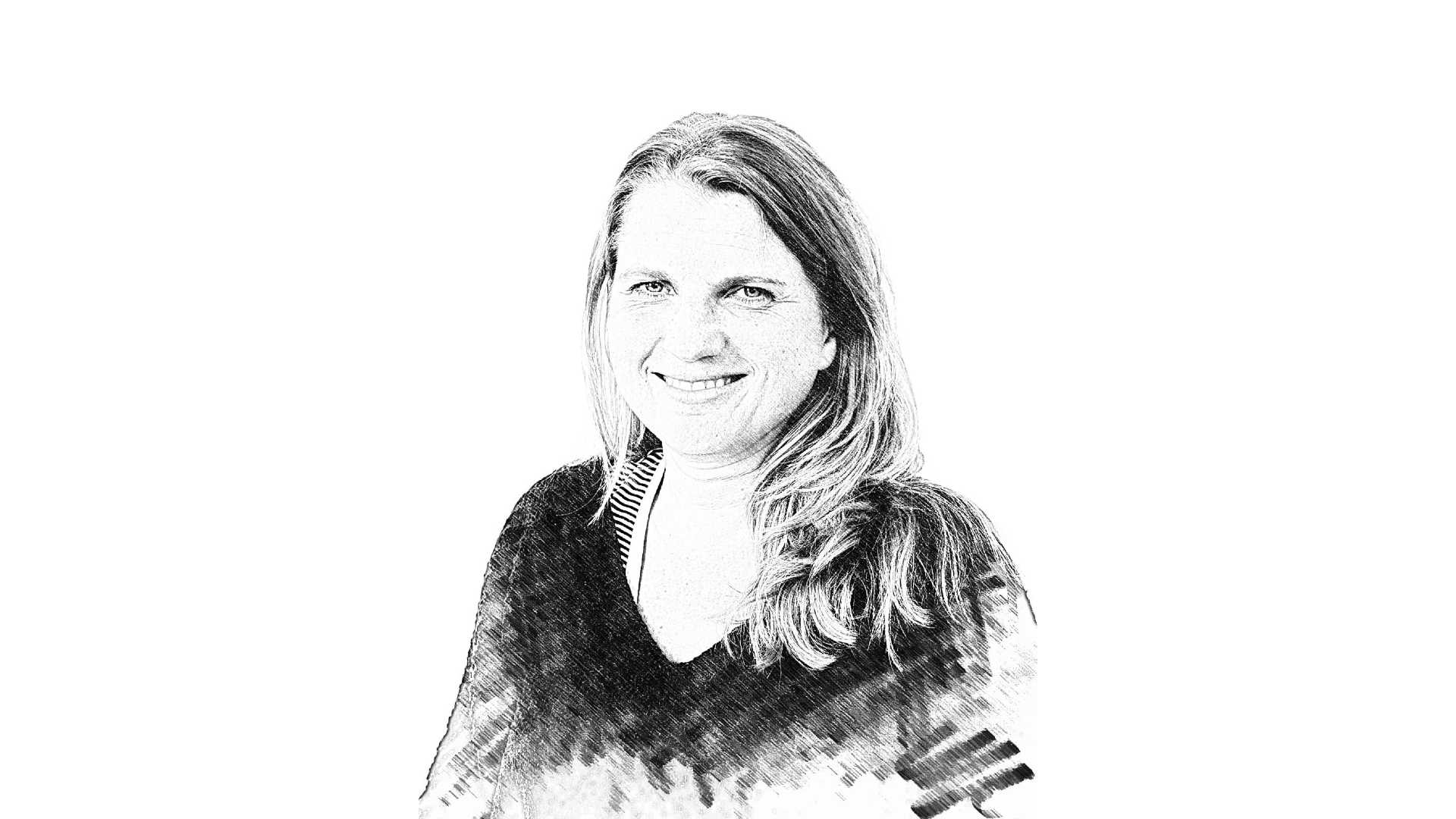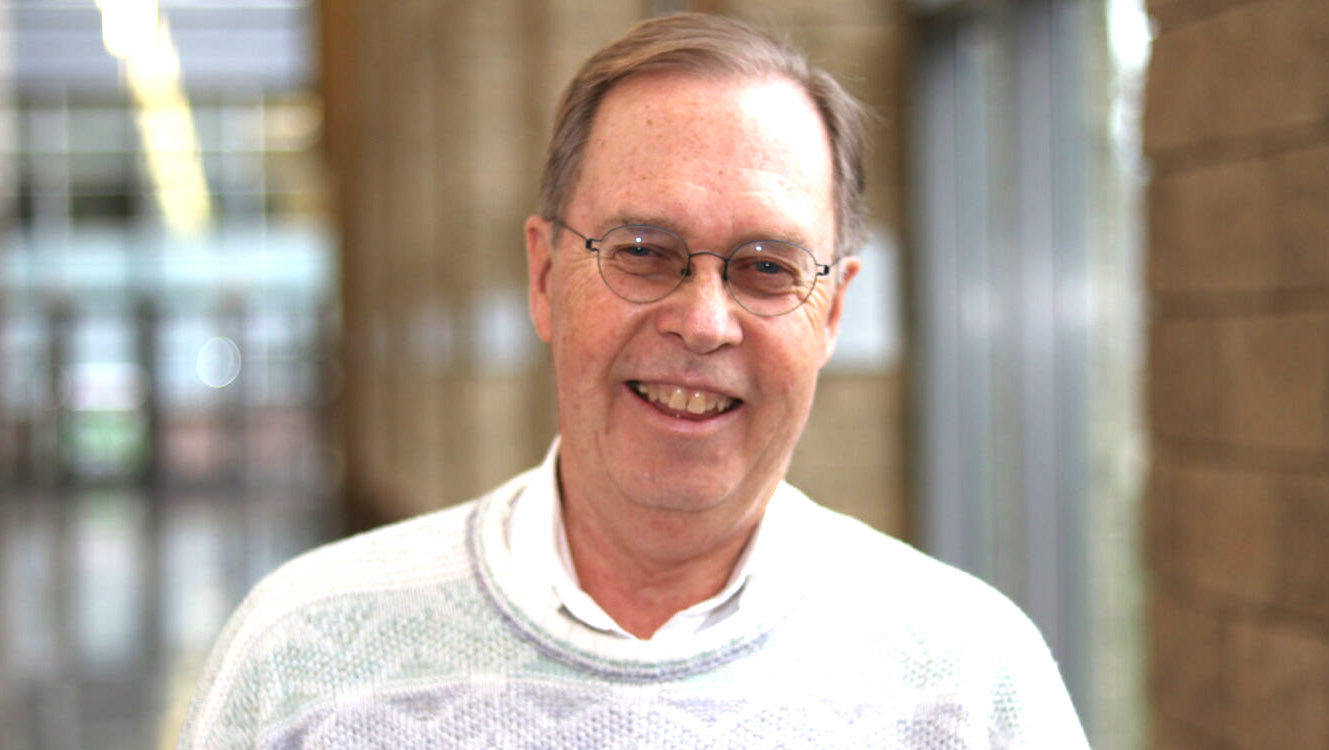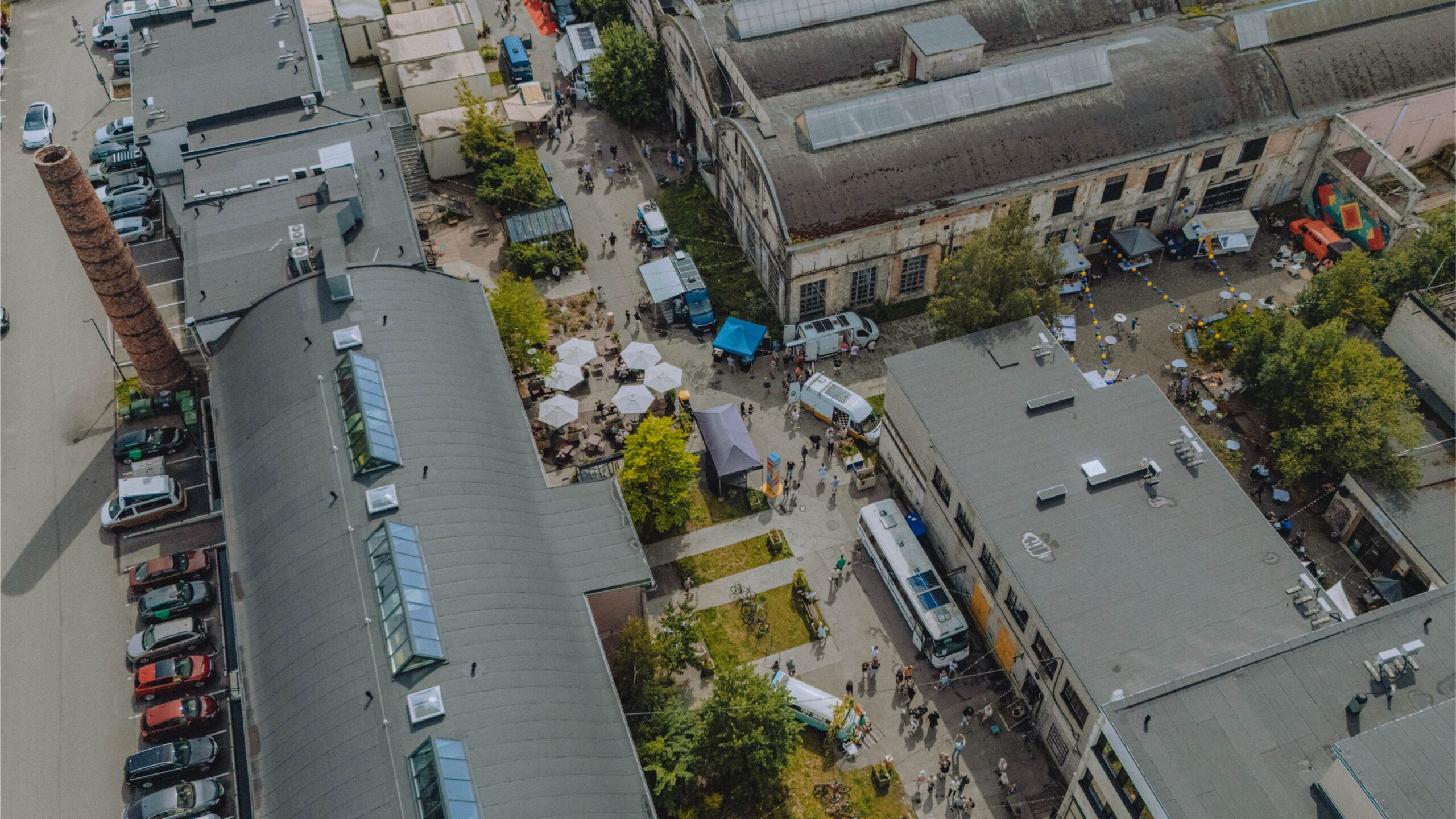Should we educate more Elon Musks or Greta Thunbergs?
To some, sustainability is related to a greener economy and growth or the eradication of poverty, while some denounce the idea of constant economic growth altogether. Some link sustainability to the survival of their national language, culture, and state sovereignty. Sustainability has ecological, economic, and social aspects.
From an environmental perspective, sustainability means meeting current human needs without endangering our descendants. But we are clearly living beyond our means. One good example is our use of natural resources. We would need five Earths if everyone lived like the average Canadian or Estonian (you can calculate your own footprint at https://www.overshootday.org/ to see the impacts of your own lifestyle). Big divides between rich and poor enable lavish lifestyles for some, but are unsustainable and lead to conflicts.
Many put their hopes in technology, which is supposed to find a path to a more resource-efficient lifestyle. Some technology billionaires even try to overcome the problem of our planetary boundaries by exploring the opportunities provided in space. As a result, natural sciences are prioritized in education as the solution, while the dilemma exists that the most technologically advanced societies are the ones that are the most unsustainable resource-wise. Knowledge alone does not seem to bring the desired outcome if it's not linked to ethics.
At the same time, the adverse effects of climate change have brought young people onto the streets to demand ethical political action, which would lead to a profound change in the way we produce and consume. With school climate strikes, the role of education has been brought into the arena of politics in a new way. Some young people argue that if educators are not giving them the knowledge needed to take action on climate change, they would rather skip school and educate each other.
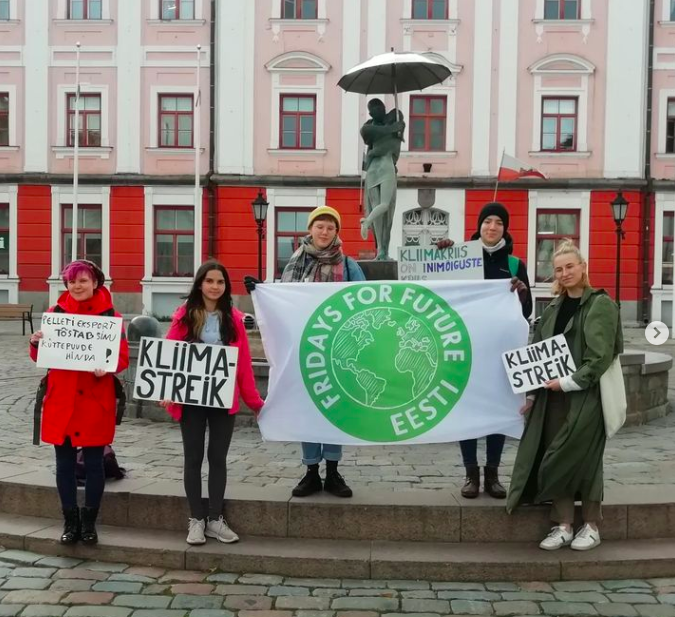
Eco-social wisdom in the Finnish curriculum
Teaching sustainability has become the norm in curricula around the world, but too often the practice is limited to recycling and trash collection, without taking a critical look at the prevalent ideas of prosperity and progress that are at the root of our current problems, with regard to sustainability.
A more holistic concept of eco-social education can be found in the Finnish curriculum, which I’ve been studying lately. It has a simple goal of providing everyone with opportunities to live “a good life” which is based on living within the sustainable limits of our ecosystem and providing everyone with a dignified and meaningful life. An economy is understood as a means to create common good while economic growth is not a value in itself. Pupils are learning about complex interlinked phenomena and systems, thinking critically about what we need less and more of, for a good life. They are guided to care for humans and nature and practice cooperation and co-creation.
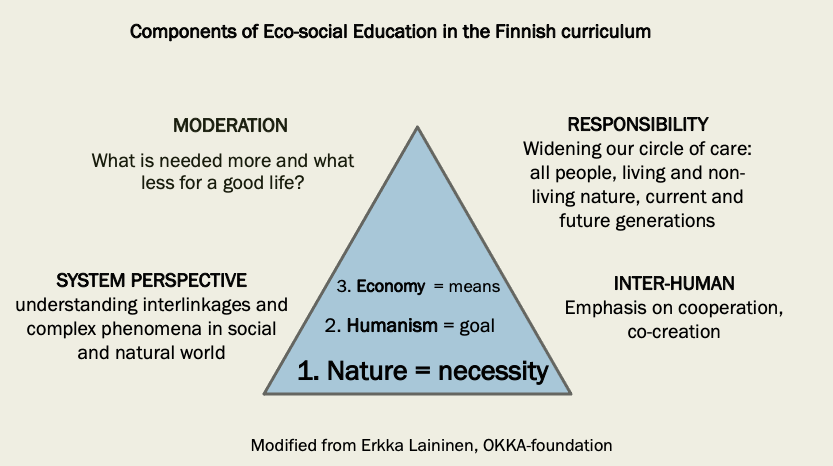
The Finnish education system has often been praised for its emphasis on equality, inclusion, and a stress-free approach to learning (less competition and homework), while at the same time providing positive learning outcomes. Things seem to be moving in the right direction as Finland is considered the most sustainable country in the EU. Year after year, Finns rank as the happiest (or most content) people in the world. But there is a long way before we reach ecological sustainability, as we would still need four Earth’s worth of resources for everyone to have the lifestyle of an average Finn.
Therefore, emphasis is applied equally to STEM subjects (science, technology, engineering and mathematics) and social subjects in school curriculum, as we need both engineers, philosophers, civic activists, and many other professionals with eco-social wisdom to build a more sustainable future.
